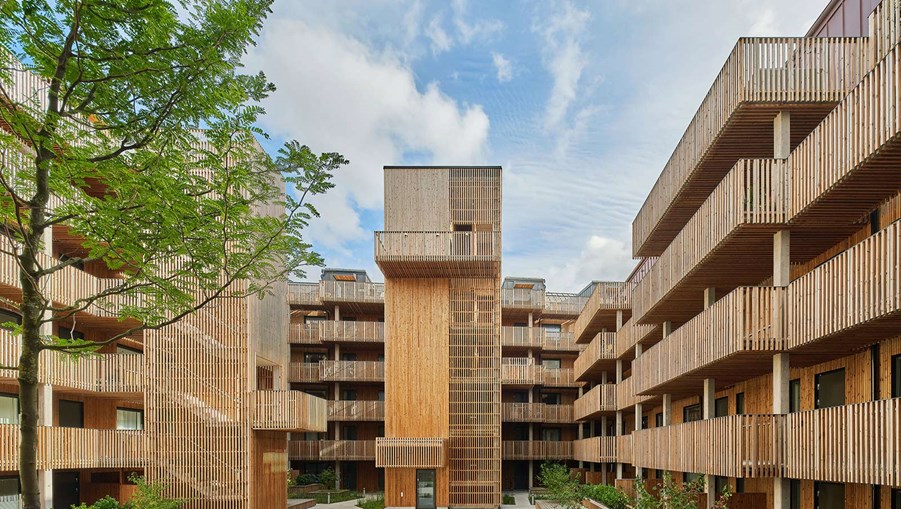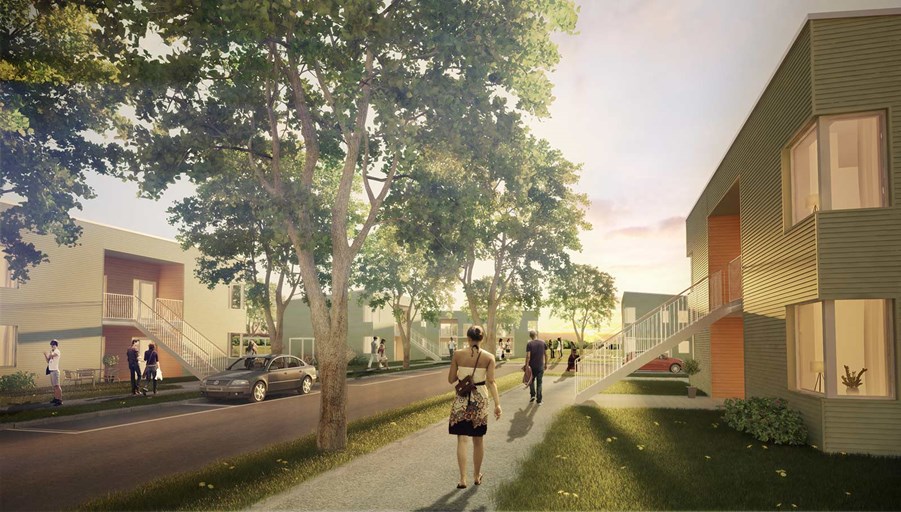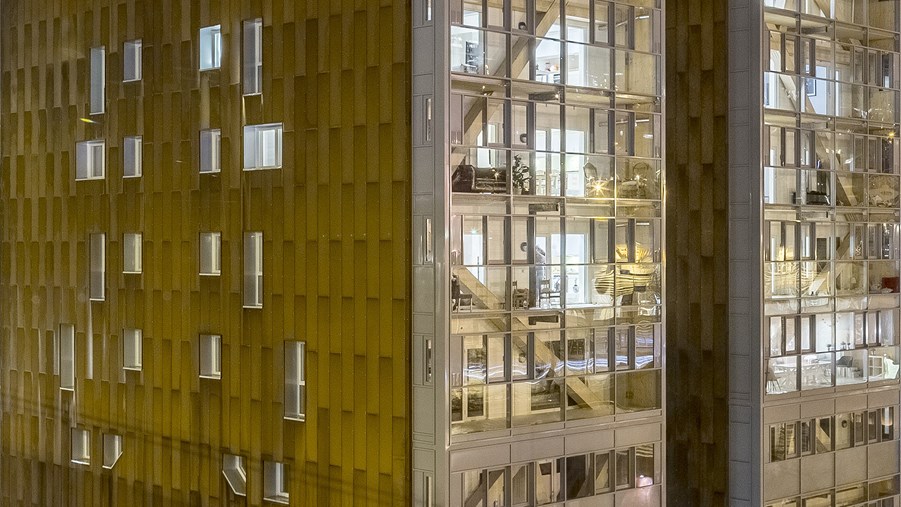
The European Commission wants to create a New European Bauhaus – an interdisciplinary collaboration that will shape the future of housing and construction. We interviewed Susanne Rudenstam, head of the Swedish Wood Building Council, about the significance of the Bauhaus initiative and the opportunities for the Swedish wood-working industry.
The Bauhaus initiative is inspired by the German art school of the same name, and is characterised by collaboration between art, culture, social inclusion, science, and technology. The project will commence this spring by way of discussions and brainstorming between all the EU Member States. This will take place through a joint design process where anyone who is interested will have the opportunity to share their ideas and solutions for construction that is sustainable, aesthetical, and functional for a long time to come. One of those taking part in this process is Susanne Rudenstam, head of the Swedish Wood Building Council.
What do you think of the Bauhaus initiative?
“I think it’s interesting, especially because it aims to pursue urban development from a holistic perspective in which climate issues are addressed at the same time as design and technical qualities,” she says.
What role will you play in the project?
“I’m participating as a representative for Swedish Wood as part of a task force that our European industry organisation CEI-Bois has put together. The aim is to co-ordinate the timber construction sector’s position in the Bauhaus initiative and highlight the potential that we can contribute together.”
What solutions and expertise can Swedish wood construction add?
“A priority area in the EU is renovation and the need to continue using existing buildings in a circular way. This means the possibility to both change the applications of existing buildings and expand and develop them by way of bio-based systems and components. A good example of the latter is the Swedish project, Timber on Top.
“We also need to discuss how Europe can build more new homes that are both affordable and have a reduced climate impact. Here, both industrial and technical solutions will be important, as well as closer collaboration between architects, designers, and builders. The construction industry must change its processes and become much more efficient. In Europe, the largest waste streams come from the construction sector. The resource efficiency of Sweden’s industrial-scale wood construction will serve as an important guide and yardstick.”
What opportunities is the Bauhaus initiative generating for Swedish companies?
“I believe it will increase the potential for the wood construction sector to internationalise itself in terms of the manufacturing of materials, systems, and components, as well as the knowledge generated by architects, designers, software suppliers, and others.”
Find out more about the Bauhaus project and share your ideas here.




